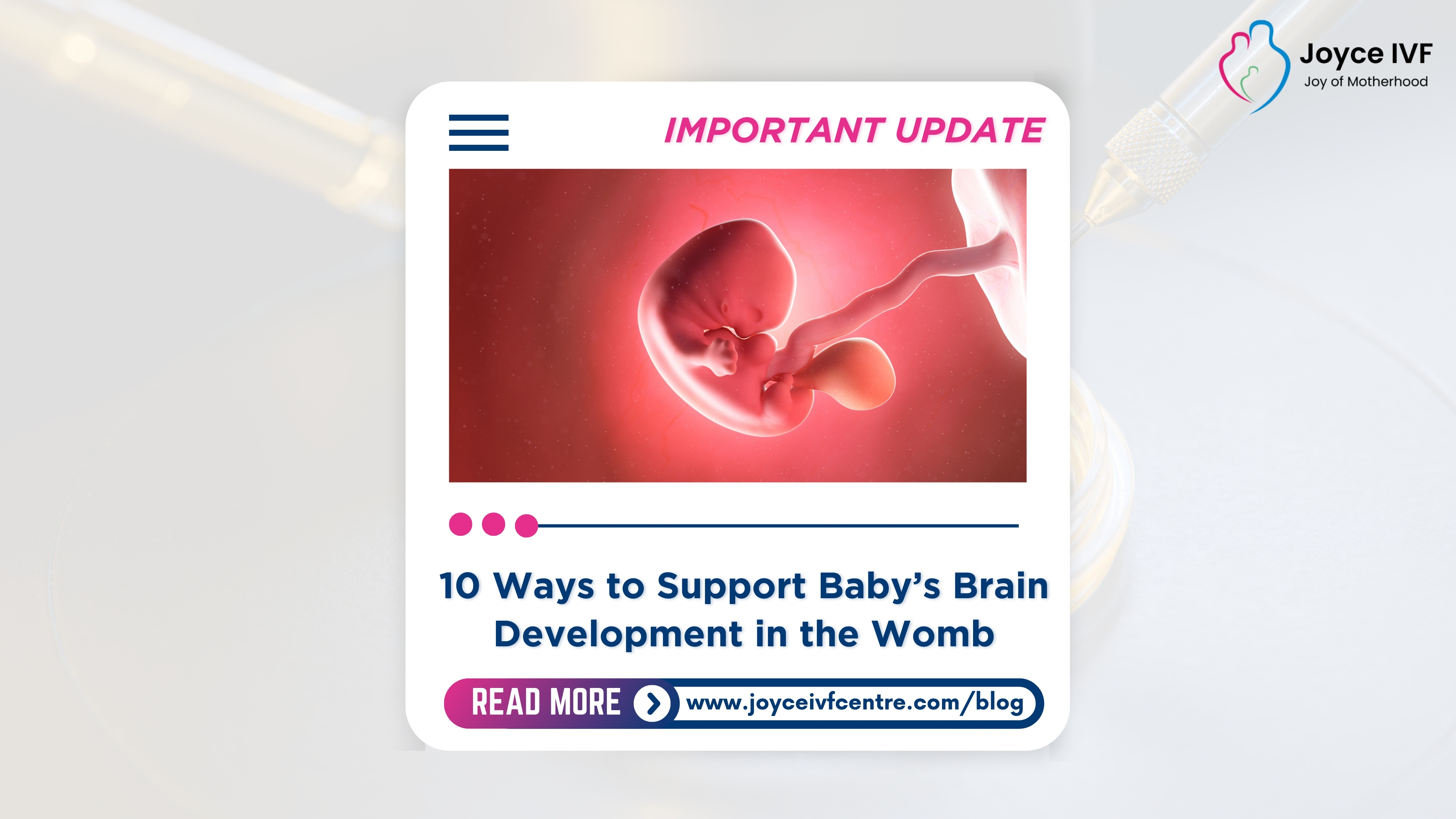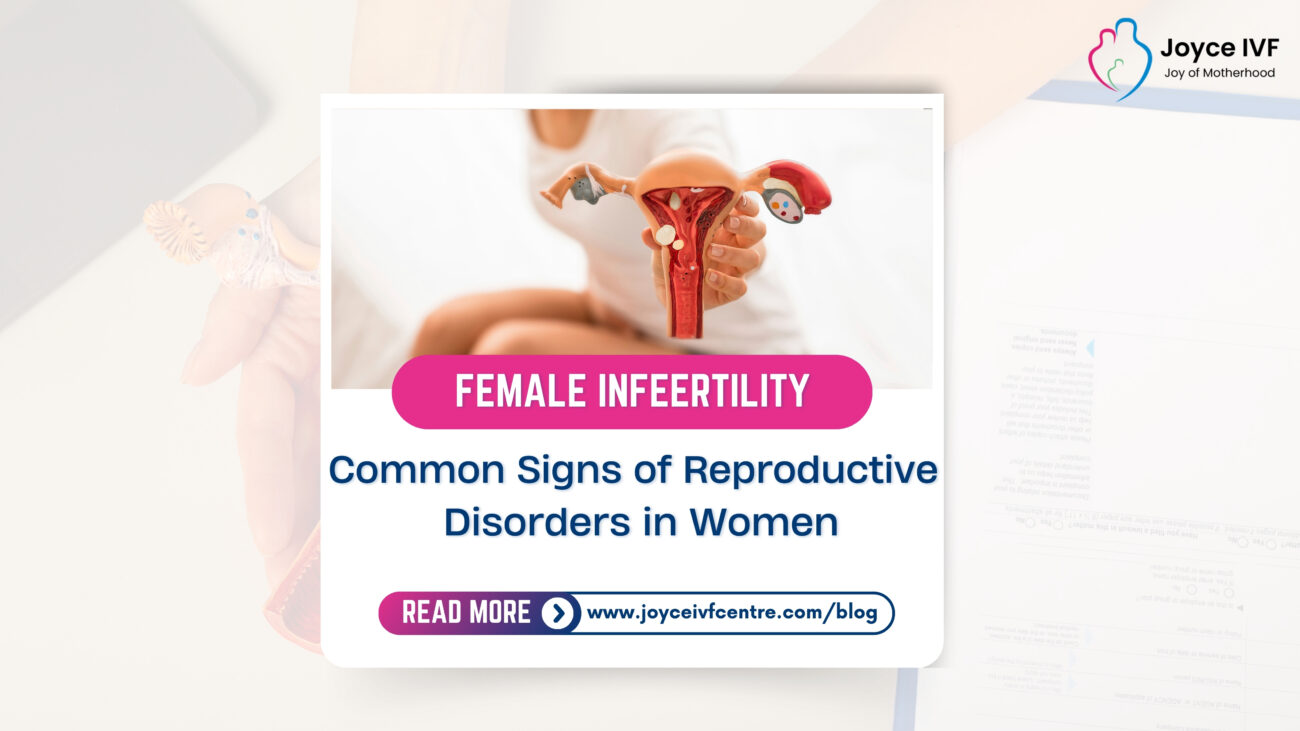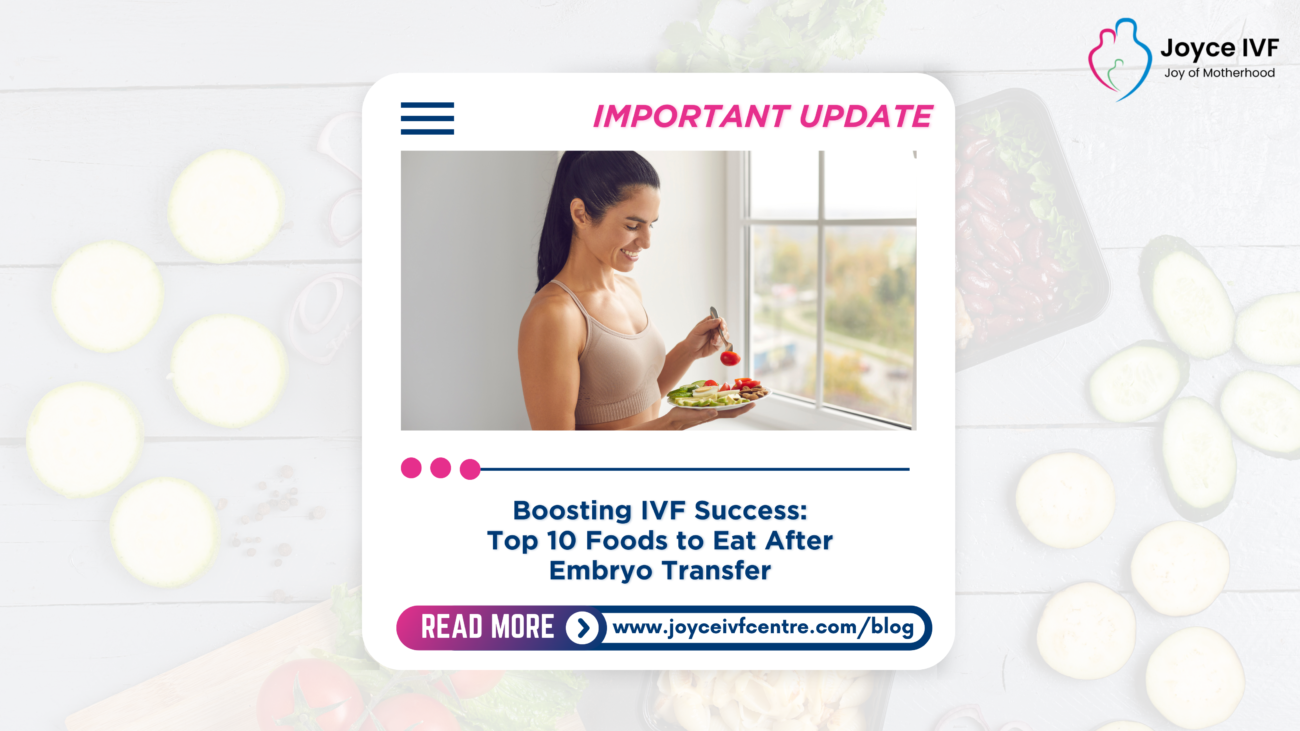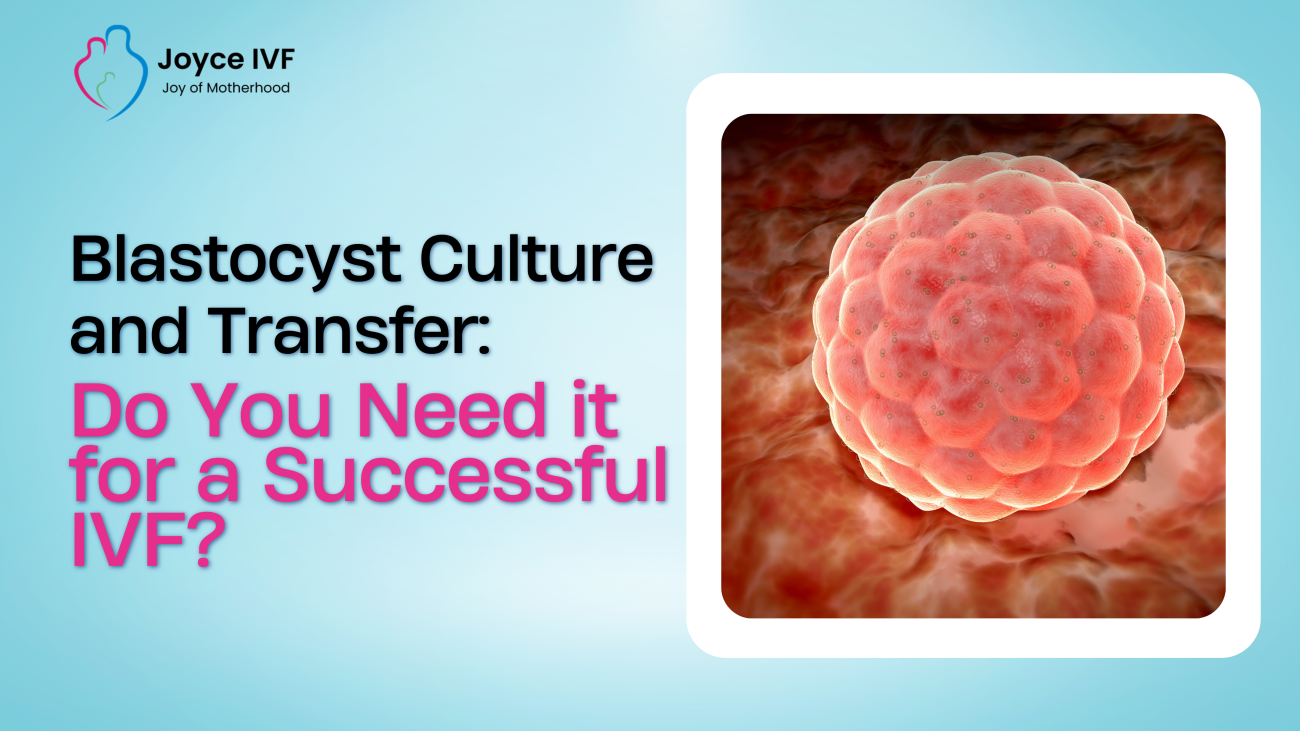Pregnancy is an incredible journey, and as an expectant mother, you want to do everything in your power to ensure your baby’s health and well-being. One of the most important aspects of your baby’s development takes place in the womb, especially during the early stages. The development of the brain begins in the first trimester and continues throughout the pregnancy. Brain development is crucial because it impacts cognitive function, motor skills, and emotional health. Luckily, there are several things you can do to support your baby’s brain development before birth.
In this blog, we will discuss 10 key ways to promote healthy brain development during pregnancy, and how lifestyle choices, nutrition, and prenatal care can contribute to your baby’s future cognitive abilities.
1. Maintain a Healthy Diet
The food you consume during pregnancy plays a vital role in your baby’s brain development. Eating a nutrient-rich diet ensures that both you and your baby get the essential vitamins and minerals required for healthy growth. Focus on incorporating foods rich in omega-3 fatty acids, folic acid, iron, and protein.
- Omega-3 fatty acids: These are essential for brain cell development. Foods like fish (especially salmon, sardines, and mackerel), flaxseeds, and walnuts are great sources.
- Folic acid: It’s essential for preventing neural tube defects and supporting overall brain function. Consume folate-rich foods like spinach, beans, lentils, and fortified cereals.
- Protein: Protein is vital for the development of brain cells and neurotransmitters. Sources like lean meat, eggs, beans, and dairy are great choices.
A balanced diet contributes significantly to the formation of the baby’s neural connections and overall brain growth.
2. Take Prenatal Vitamins
Prenatal vitamins are specifically designed to meet the nutritional needs of pregnant women. These vitamins include higher levels of essential nutrients, such as folic acid, iron, calcium, and iodine, which support your baby’s brain development.
Folic acid is especially important in the early stages of pregnancy, as it helps prevent defects in the neural tube, which later forms the baby’s brain and spinal cord. If you’re unsure which prenatal vitamin is best, consult with your healthcare provider or visit a reputable IVF clinic in Srinagar to get personalized advice.
3. Stay Active with Moderate Exercise
Exercise during pregnancy isn’t just good for your body; it’s also beneficial for your baby’s brain development. Engaging in regular, moderate exercise can increase blood circulation, which delivers more oxygen and nutrients to your baby’s brain. Additionally, exercise can help reduce stress, improve sleep, and promote a healthy birth weight.
Aim for activities like walking, swimming, or prenatal yoga, which are gentle on your body but still effective in improving circulation and overall health.
4. Avoid Stress and Anxiety
High levels of stress and anxiety during pregnancy can have a negative impact on your baby’s development. Stress can increase the production of cortisol, a hormone that, when elevated, can interfere with brain development. It’s important to take time for relaxation, meditation, and self-care.
Try stress-relieving activities such as deep breathing exercises, prenatal massages, or gentle stretches. Remember, keeping calm and relaxed during your pregnancy is not only beneficial for your mental well-being but also supports your baby’s brain health.
5. Get Enough Sleep
Sleep is critical for your health and your baby’s development. During pregnancy, your body undergoes many changes, and adequate rest is necessary for recovery and rejuvenation. The brain develops significantly during sleep, and it is during deep sleep that essential growth hormones are released.
Try to get at least 7-9 hours of sleep each night. Make sure to rest when you feel tired and create a calming bedtime routine to ensure restful sleep.
6. Provide Adequate Oxygen Through Breathing Exercises
Oxygen plays a major role in the brain development of your baby. Fetal brain development requires an ample supply of oxygen-rich blood. You can improve oxygen flow by practicing breathing exercises. Deep, slow breathing techniques can increase oxygen levels in your body, helping you to feel more relaxed and improving the blood circulation to your baby.
Simple exercises like diaphragmatic breathing (breathing deeply into your diaphragm) can reduce stress and ensure that oxygen reaches the placenta more efficiently.
7. Ensure Proper Hydration
Proper hydration is vital for the healthy development of your baby’s brain. Dehydration can lead to issues with amniotic fluid levels and can reduce the nutrients available to the baby, affecting brain function.
Aim to drink at least 8-10 cups of water a day, more if you are physically active or if the weather is hot. Avoid sugary drinks and opt for water, coconut water, and natural fruit juices to stay hydrated.
8. Limit Exposure to Toxins
Exposure to environmental toxins can have a detrimental effect on your baby’s brain development. Chemicals found in cleaning products, pesticides, and pollutants can affect fetal brain growth, leading to potential cognitive or developmental delays.
Avoid using harsh chemicals at home, and opt for eco-friendly or natural cleaning products. Additionally, steer clear of smoking, alcohol, and recreational drugs, all of which can cause lasting damage to your baby’s brain and overall health.
9. Maintain a Healthy Weight
Being overweight or underweight during pregnancy can affect the blood flow to the placenta, which, in turn, can impact your baby’s brain development. Maintaining a healthy weight ensures that your baby receives the right amount of nutrients and oxygen needed for proper growth.
Work with your doctor or a nutritionist to set a healthy weight goal during pregnancy. Your healthcare provider may also recommend a suitable weight gain range based on your body type and the stage of pregnancy.
10. Engage in Stimulating Activities
Yes, your baby can hear and respond to sounds from the outside world as early as 25 weeks into pregnancy. While they may not fully comprehend speech, babies in the womb can recognize their mother’s voice and the rhythm of sounds.
Engage in activities that stimulate your baby’s senses, such as playing calming music or reading aloud. Studies show that babies exposed to music and voices in the womb are likely to recognize these sounds after birth, fostering early cognitive development.
FAQs
1. How can I ensure my baby’s brain develops properly during pregnancy? Maintaining a balanced diet, taking prenatal vitamins, staying active, managing stress, and getting enough rest are key to supporting your baby’s brain development during pregnancy.
2. When does brain development begin in the womb? Brain development begins in the first trimester and continues throughout pregnancy. The first few weeks are especially critical as the neural tube forms.
3. How can I support my baby’s brain development in the second trimester? Continue to focus on healthy eating, exercise, and stress management. Engage in stimulating activities like talking and playing music for your baby to hear.
4. Can stress during pregnancy affect my baby’s brain development? Yes, high stress levels can lead to an increase in cortisol, a stress hormone that can negatively affect your baby’s brain development. It’s important to manage stress through relaxation techniques.
5. Are there any particular foods that help brain development during pregnancy? Foods rich in omega-3 fatty acids, folic acid, and protein, such as fish, leafy greens, eggs, and nuts, are particularly beneficial for your baby’s brain development.
6. Where can I find the best IVF treatment for pregnancy care? If you’re looking for assistance with fertility and pregnancy care, visit the best IVF centres in Delhi, or consult an IVF clinic in Srinagar for personalized care and guidance.
Conclusion
Your baby’s brain development begins early in pregnancy and continues to grow and develop throughout the nine months. By focusing on good nutrition, regular exercise, stress management, and adequate sleep, you are laying the foundation for a healthy and well-developed brain. Remember that your actions during pregnancy have a lasting impact on your baby’s future cognitive, emotional, and physical health. By taking these simple yet effective steps, you can ensure that your baby gets the best possible start in life.
For personalized guidance, consider consulting with a professional at the best IVF centre in Delhi or an IVF clinic in Srinagar to ensure both you and your baby’s health are well taken care of.






















